Insect & Pests
All Insect & Pests Content
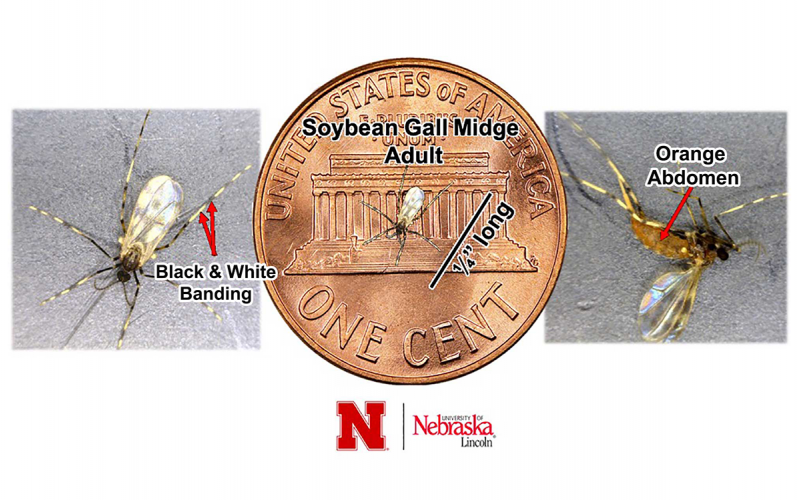
Soybean Gall Midge Adults Captured in South Dakota
Although soybean gall midge adults have been captured earlier this spring in neighboring states, the first adults were captured in South Dakota on June 17. So far, our captures are low with one adult at two locations near Burbank and Meckling.
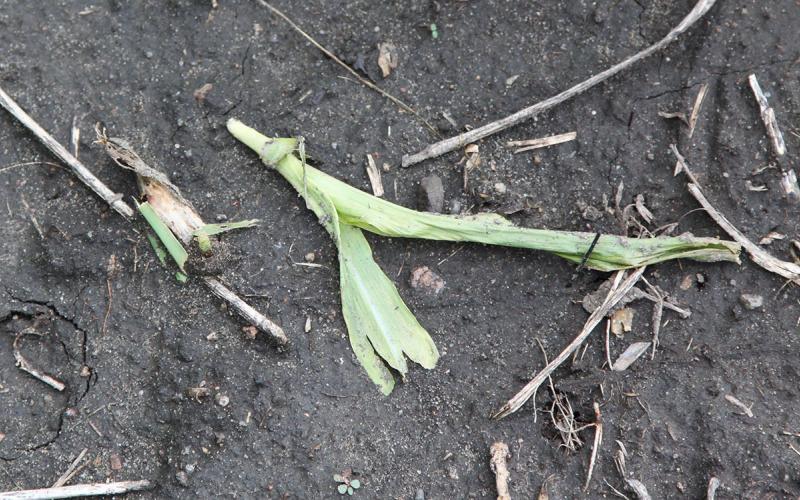
Cut Corn Plants Detected in South Dakota
Cut corn plants have been detected in South Dakota. The damage is due to black cutworm feeding. Although black cutworm caterpillars injure corn by feeding on leaf tissue, the serious damage occurs when caterpillar feeding results in the cutting of young corn plants.
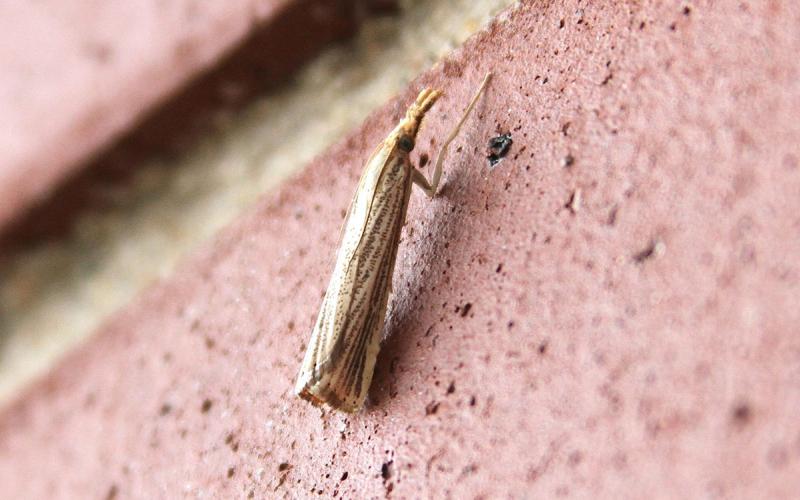
What Are the Little Moths All Over My Lawn?
There have been reports of small, light-colored moths showing up by the thousands in people’s lawns. These moths have been identified as sod webworms, which are now emerging throughout South Dakota.
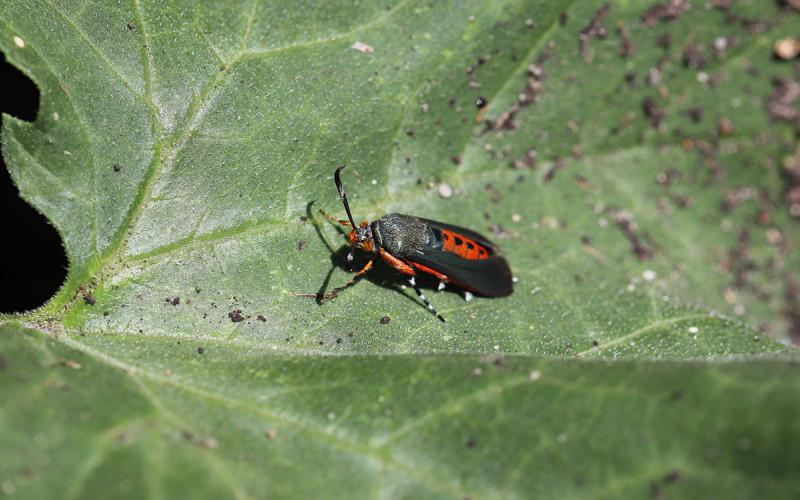
Squash Vine Borer Moths Are Active
Squash vine borer moths have been observed in South Dakota gardens. Now that we know they are active, it is important to take steps to ensure that they don’t have a negative impact on our squash plants.
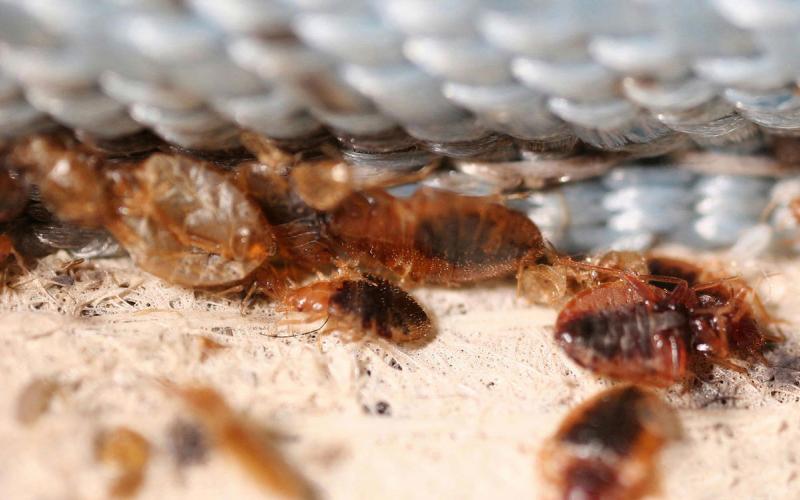
Bed Bugs: What You Need To Know
When it comes to household pests, bed bugs can make almost anyone cringe. These tiny, vampire-like critters are pests of humans and can become a persistent problem when they infest homes.
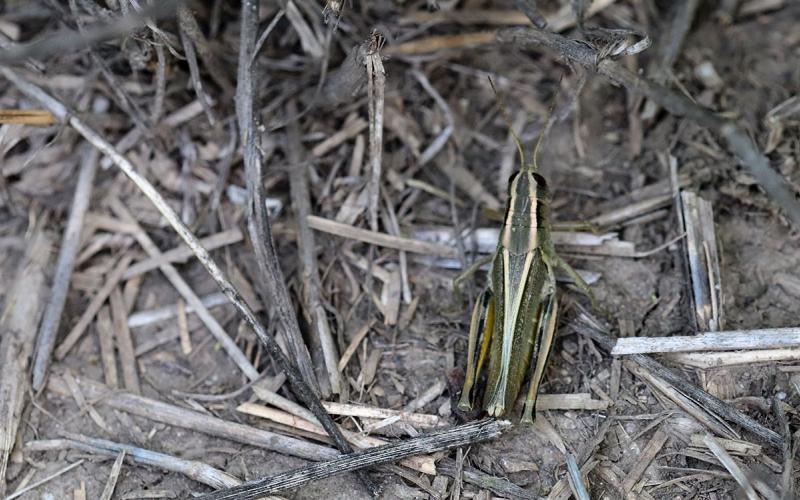
Will Grasshoppers Be an Issue in 2021?
With much of South Dakota experiencing dry conditions this year, grasshoppers are one of the insect pests that will need to be monitored. Large grasshopper populations may cause economic loss in cash crops and reduce forage in range and pasture lands.
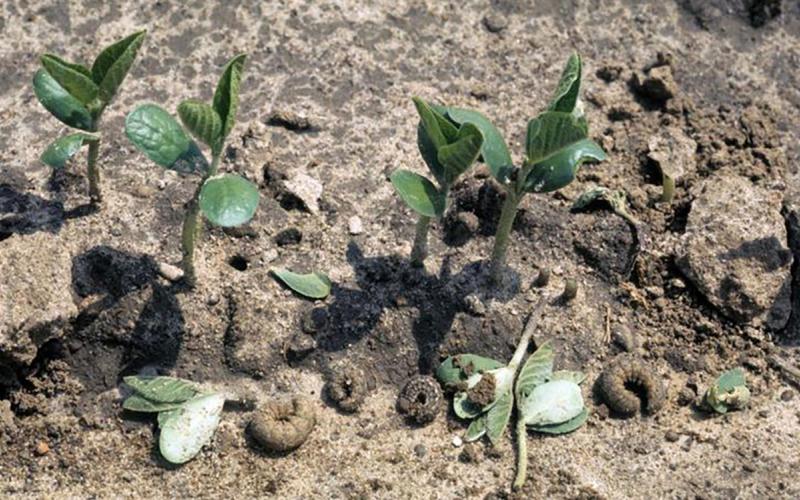
Dingy Cutworms Observed in South Dakota Soybean
Dingy cutworms have been reported in South Dakota soybean. Although they are not normally a major pest of soybean, dingy cutworms will often defoliate soybean leaves and can cause significant stand reductions by cutting plants.
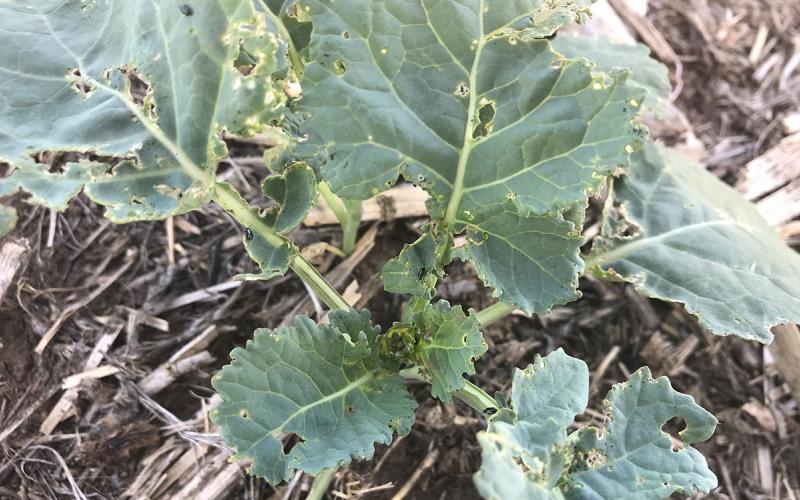
Flea Beetles Still Feeding in Canola
Large populations of flea beetle adults have been observed on canola this week. In one field we scouted, flea beetle populations were large and causing significant amounts of defoliation.
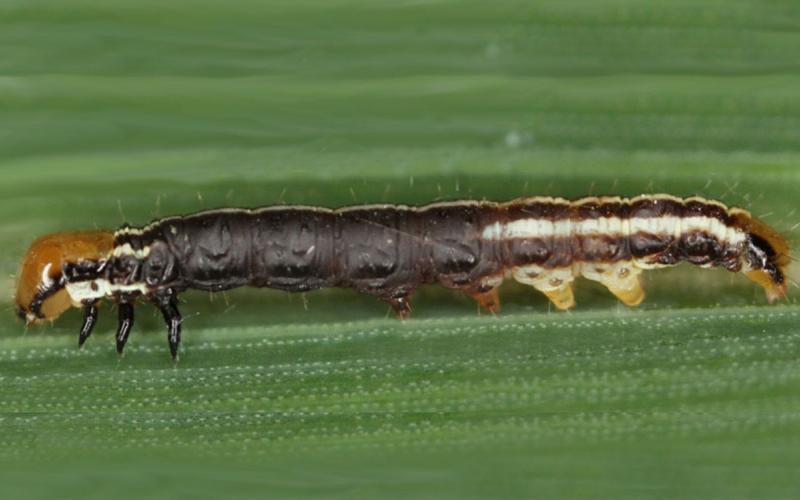
Common Stalk Borer Activity Estimate: June 10, 2021
The hot temperatures last week have resulted in a large increase in degree days for common stalk borer. Common stalk borers should now be scouted for in areas around Hot Springs, Lemmon, Mission, Pierre, Winner, Huron, Mitchell, Tyndall, Sisseton and Vermillion.
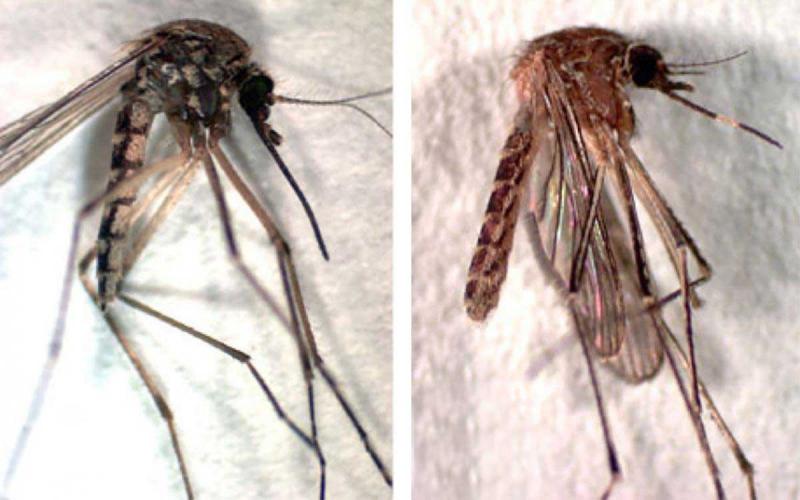
Will Mosquitos Be an Issue During This Summer?
Although it may seem like mosquitos won’t be an issue this year due to drought conditions, it is important to remember that they don’t require large bodies of water to reproduce. Mosquitos can utilize standing bodies of water, small puddles or even stagnant water in containers or old tires.